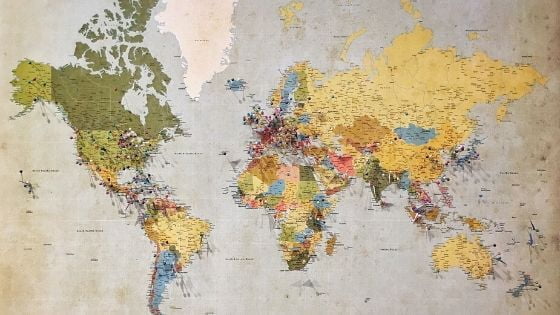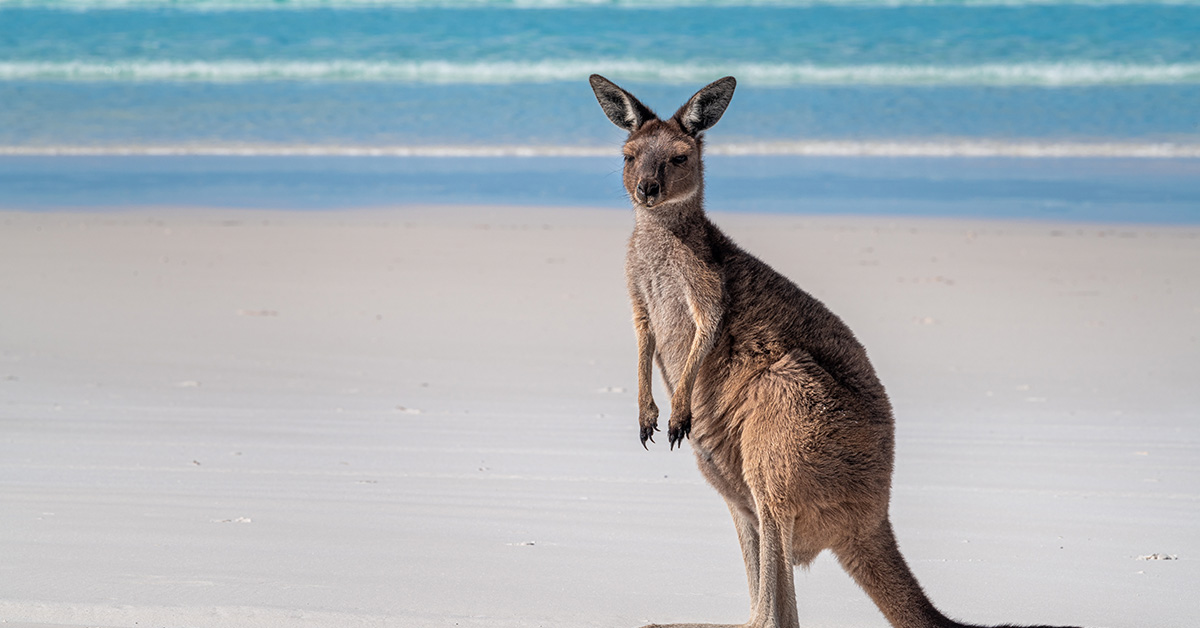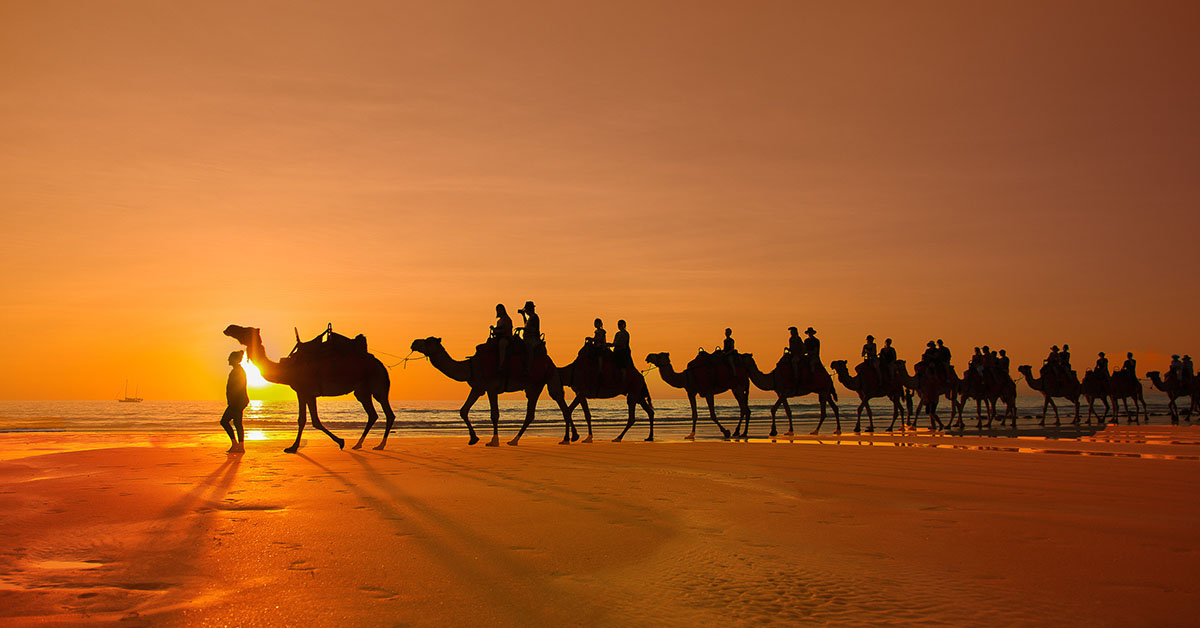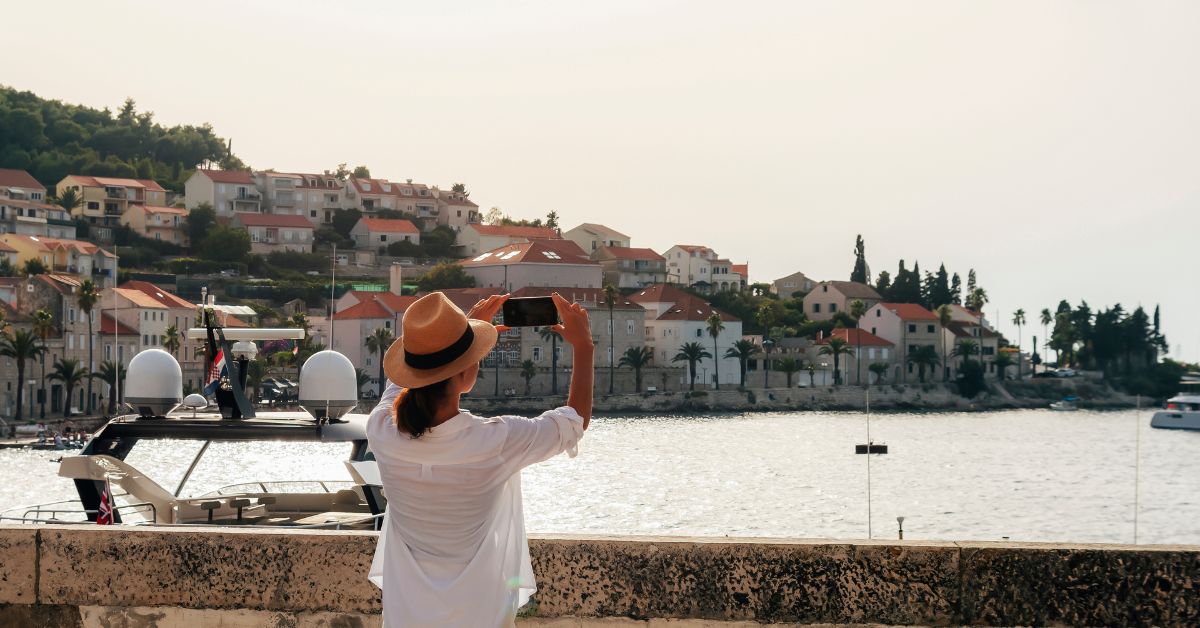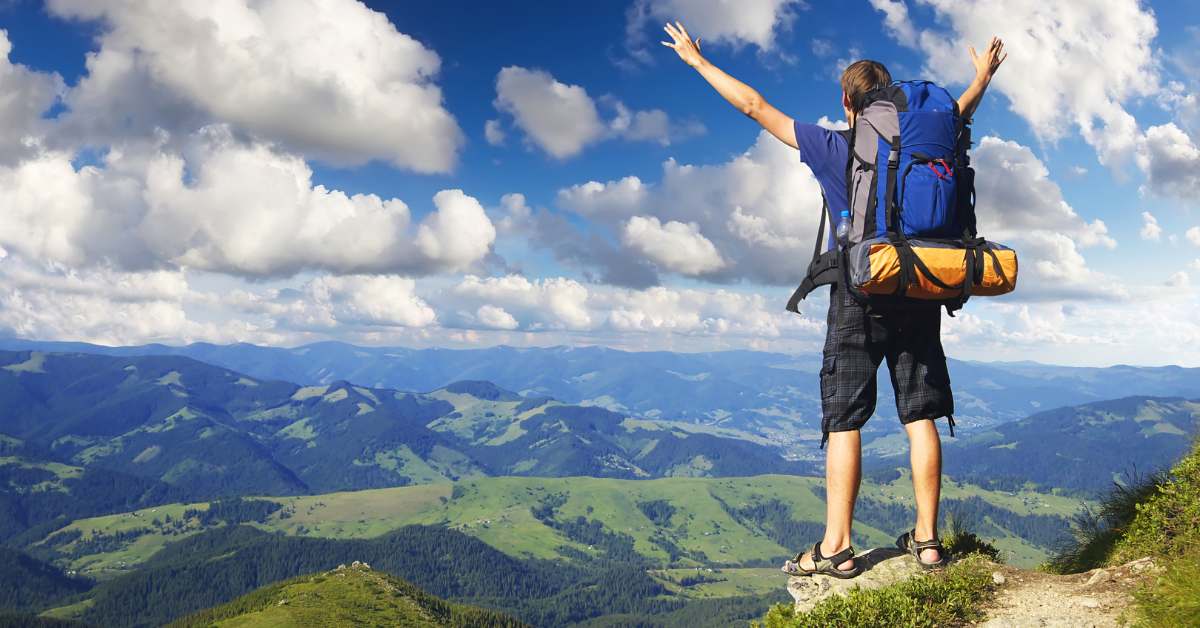Some people are saying that the world will never be the same again after the Coronavirus.
Others are saying that once the restrictions are lifted and people are allowed to go back to work that things will return to normal. The global tourism industry has been the hit hard by the pandemic so it’s very important to us that we work out which of these two potential worlds is most likely to eventuate.
The best way of doing that is to look at how the world has reacted to major upheavals and sudden changes that affected the tourism industry in the past.
The 9-11 Terrorist Attacks
The terrorist attacks of September 11th 2001 had a huge impact on the travel industry. Overnight the industry came to a halt as flights were grounded and people the world over cancelled their travel plans.
In the months that followed the attack nearly half of all Americans reported symptoms of post-traumatic stress. People displayed signs of heightened vulnerability, anger and intolerance towards people who were perceived to be different. At the same time across much of the western world, there was an increase in patriotism and a belief the connecting with our friends, family and community was very important
It was from this need for connection with others that social media was born and our world got a little smaller.
Scott Heiferman, founder of the social networking site Meetup says he got the inspiration for creating the site from his volunteering experiences at Ground Zero.
“I never thought I was interested in community. But that experience led me to the basic questions of What brings people together? What gets them to talk to each other? How do people form powerful groups that can do good things?”
Scott Heiferman: Founder of Meetup
At the time technology was already moving in that direction but the events of September 2001 helped push the rapid growth in social networking online because of this increased focus on connection and community.
The 2008 Global Financial Crisis
After decades of what seemed to be endless economic growth, the bubble burst in 2008. As a result, the world had to deal with the financial realities that everyone had been living on credit and were now drowning in debt.
Australia survived the GFC better than most countries thanks largely to the mining boom. The rest of the world didn’t fare as well. Millions of people were in for years of financial hardship. The family home is the largest purchase most people will make in their lifetime. For many, the value in their home represents a large chunk of their total life savings. In the fallout of the GFC, many people saw a large part of their life savings evaporate as real estate values plummeted. This led many, particularly millennials, to question the very idea or concept of ownership and possession. As a result, many began to spend less money on things and more on experiences.
In order to fund these experiences, people became comfortable not only renting but sharing their car, apartment, clothes, workspaces, and virtually everything else.
This trend led to the growth of ride-sharing companies like Uber and Lyft, accommodation-sharing companies like Airbnb, and even peer-to-peer lending companies like Prosper.
Just like that, the sharing economy was born, the travel industry grew and our world shrank even more.
The Coronavirus Pandemic
This time around, all trends point to large-scale change in the reverse direction, from the global to the local, from the world shrinking to the world growing.
The current pandemic and the lockdown it has caused have highlighted just how fragile our global economy is. It is showing us how we are overly reliant on very long and complex supply chains. To a large extent, our lives are heavily dependent on things happening on the other side of the world that we have little to no control over.
In an effort to slow the spread of the virus, national borders have closed and transport has been restricted. The sudden stop of many imports has highlighted to people how reliant we all are on international trade. People are now seeing the value of locally produced goods, including food and services. Self-sufficiency and buying local have taken greater importance than before.
As the seriousness of the pandemic wanes, over the coming months or years, many people will change their buying behaviour to support local enterprises, whether its local farmer’s markets, family-owned restaurants or even local manufacturers.
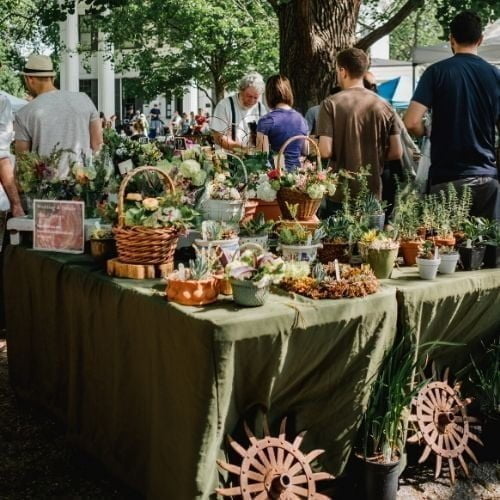
International travel, be it for tourism or business, will take a long time to regain the losses of the past few months. Instead consumers will focus on buying local and becoming a tourist in their own region. Just as Airbnb and Uber grew out of the wreckage of the GFC, innovative businesses that embrace this new trend will become the next big success stories.
Tourism operators that have traditionally focused on international markets need to update their strategies and begin looking for customers closer to home. In many cases, this will mean changing their offering, creating new ones, or discontinuing offers that are not of interest to local buyers.
Until the next shake-up materialises and changes things again, the post-COVID-19 world will be a much larger, and more insular place than the one we knew just a little while ago.
